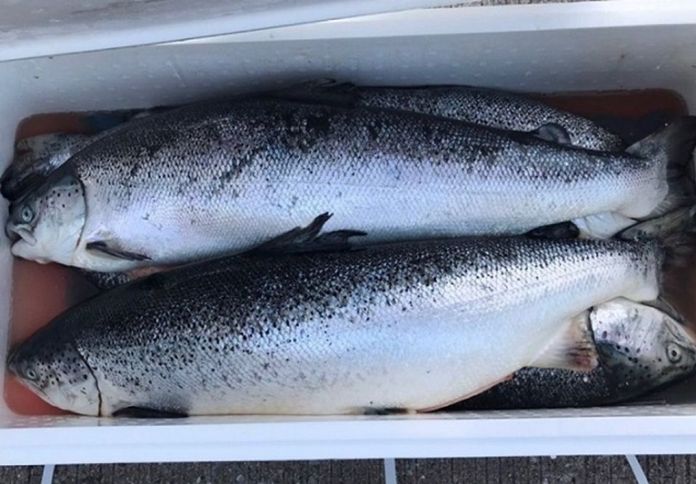
The Department of Fisheries said it strictly controlled contamination of both exported and imported aquatic food animals and aquaculture products, so they are safe to eat and free of Covid-19 contamination.
Following reports that traces of the virus was discovered on a cutting board used for imported salmon in a huge wholesale food market in Beijing, the department’s director-general Meesak Pakdeekong said Thai aquatic products were free of the coronavirus contamination.
Thai aquatic products are made under good hygiene practices. Fishing vessels are required to pass hygiene standard and fish farming must adopt good agriculture practice.
Random checks are conducted on aquatic products at fresh markets by the public health ministry and the interior ministry. Markets, selling food must register with the authorities and pass inspection by the public health ministry, he said.
Aquatic products for export are under quality control throughout the supply chain from raw materials, brought into processing factories. Disease control measures are implemented in the factories such as body temperature checks on staff, social distancing and frequent disinfection around the premises.
Moreover, the director said Thailand did not import salmon from China for eating as raw food but it was imported for processing and exporting under manufacturing processes compliant with international standards.
He said according to epidemiology reports, there is no scientific evidence that the Covid-19 can infect aquatic food animals, which are cold blooded and fish that breathe through gills.
COVID-19 is spread through respiratory droplets. The World Organization for Animal Health reported the virus was found in warm blooded animals like bats, cats and dogs, he added. (TNA)
 |
 |
 |





